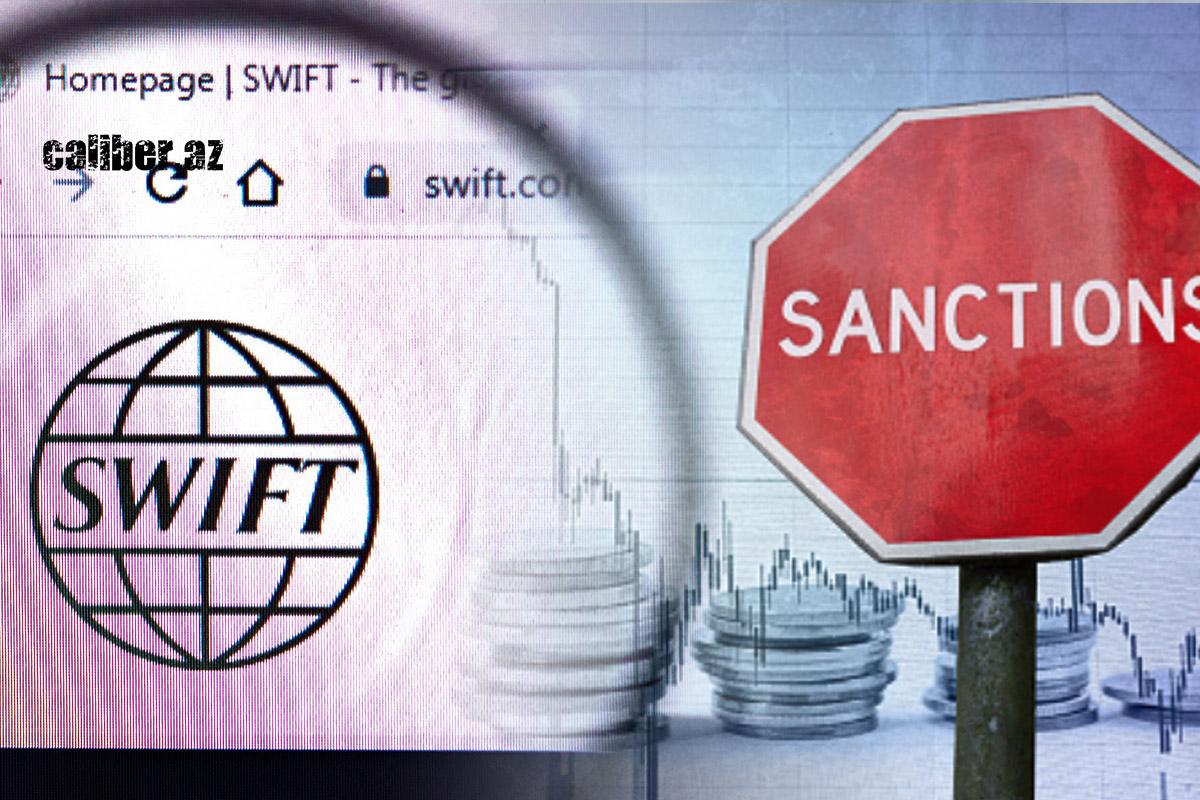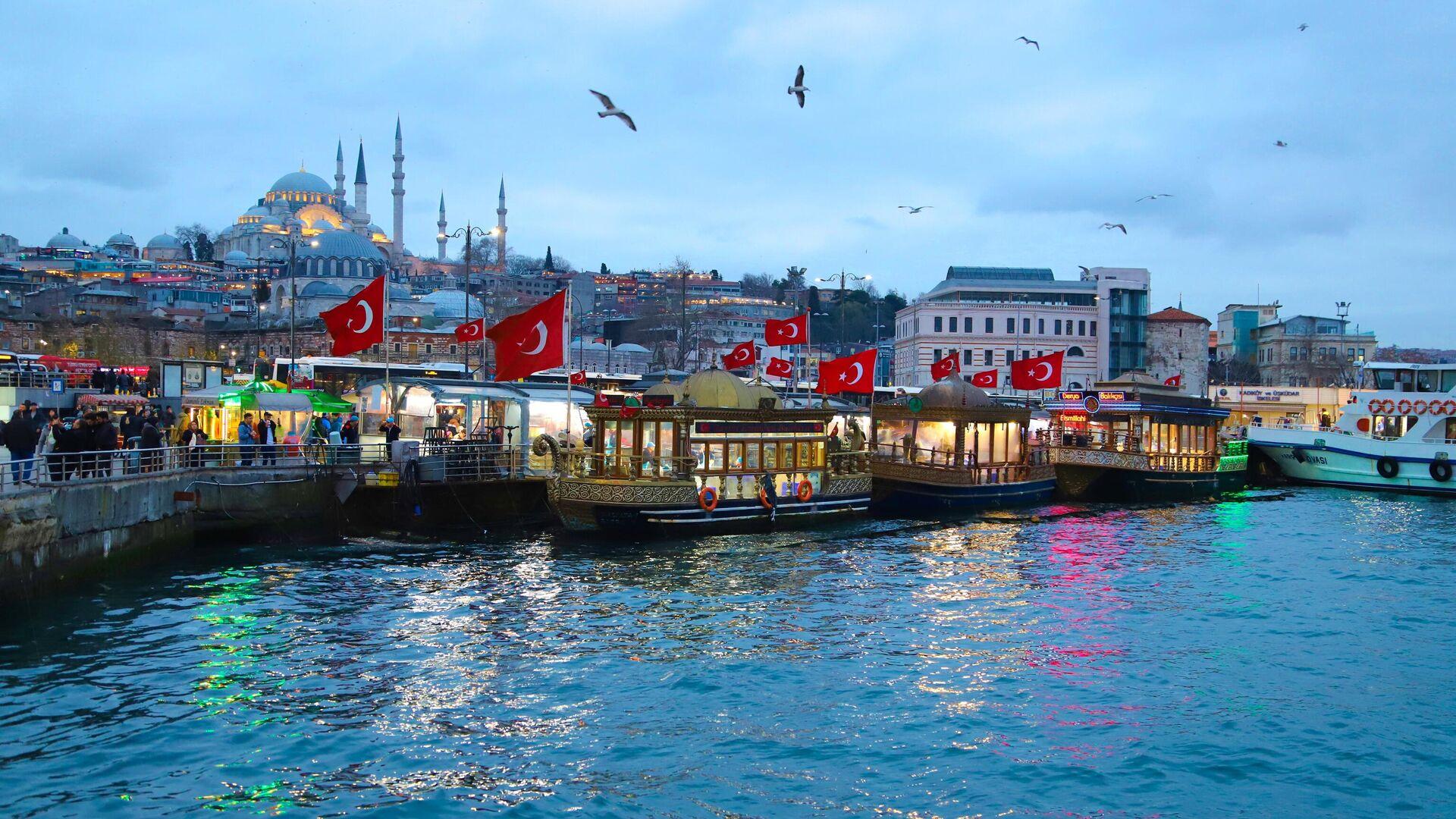Russia's pivot to the East Analysis by Maxim Petrov
Ukrainian President Volodymyr Zelenskyy, in an interview with The Washington Post, published on August 8, said it was necessary to close the borders for Russian citizens for one year. "Let them live in their own world until they change their philosophy," Zelenskyy noted.
I don't think this will be done in full, since such measures run counter to a number of important official political and legal guidelines in Europe and the United States. But it looks likely that the collective West will make some efforts to limit the entry of Russians. At the same time, India, China, Türkiye, Iran, Israel, South America, and Africa will remain more or less open to the Russians, as the experience of Iran, which has long lived under sanctions, shows.
Perhaps, according to Konstantin Sonin, a Chicago-based economist of Russian origin, Russia will become something like a giant Eurasian Iran. It will be a problem for a lot of sectors of the economy. It will also be a personal problem for many who have friends, relatives, academic connections, and jobs in Europe and the United States. A sea of human tragedy. Including those who will not be able to see their children. This is the logic and practice of the proponents of collective responsibility, an idea deeply distasteful to me.
Culturally, however, I would personally prefer the growing Indian, Chinese, Iranian, and Turkish influence to that of the West. I am not talking now about the states or political systems of these countries, but primarily about cultural influence and the human factor. Including the migration of Russians to these countries and vice versa. Especially the latter. I have been to the Middle East and India; I have a better impression of some of these countries than I do of Europe. These are more lively and warm regions in terms of human relations, although poorer.
However, I doubt that my attitude is shared by most Russians today. But there's not much that depends on them in this situation anymore. Look at this as a tectonic process. Why tectonic? Because if the current trends persist for a long time, Russia will not be completely isolated. It is necessary to sell oil, weapons, and bread somewhere, and buy household appliances and computers, clothes, and agricultural equipment. The influence of the huge Asian powers will grow and is already increasing. Thus, this means that their people, capital, companies, and workers, will inevitably come to Russia, and I mean not only China but also Türkiye, India, and Iran.

Here is what the Russian sinologist Alexander Gabuyev says: "The Chinese approach compliance with sanctions very carefully, so Russia should not expect any "help" in the near future. But at the same time, Beijing is increasing its purchases of raw materials in Russia, rejoicing at the discounts, and preparing to gradually fill the niches vacated in the Russian market - imports from China in the first 7 months increased (+5.2%), while imports from the EU decreased sharply (although some flows, apparently, just go through Türkiye and other countries). The PRC will not invest in Russia directly, at least I would not expect major landmark deals, but there will be a lot of trade deals, often with the help of various shell companies. The yuan will play an increasing role in trade, which is already evident by the volume of trading on the MICEX and many other signs. As a result, the yuan could become a reserve currency in northern Eurasia even without full convertibility. In the offing of 5-10 years, it is possible to imagine a scenario in which China will account for more than half of Russia's foreign trade. China will be both the largest market for raw materials and the main external source of some industrial products and technologies (and, as a result, possibly of technical standards). Given that after the termination of energy trade with the EU, Russia will have practically no long-term alternatives (trade with India will not become it, although the growth from a low base this year is impressive), the negotiating position of China will noticeably strengthen. As a result, Beijing will be able to push through its conditions on many projects, such as the "Power of Siberia-2".
The expert also points out that China's negotiating leverage, which emerged on the basis of the economy, will be shifted to other areas: the sale to China of the most modern weapons systems and possibly access to drafts and technology; Moscow's agreement to China's increased force presence in Central Asia; greater Chinese participation in the development of the Arctic, and it is also possible that PLA ships will appear there together with the Russian Navy; a greater willingness to focus on Beijing's opinion when developing foreign trade with countries unfriendly to China, such as India or Vietnam.
Meanwhile, according to Morgan Stanley analysts, India could become the fastest-growing economy in the Asian region in 2022-2023. India's gross domestic product (GDP) growth is expected to average 7% over this period, the highest among major economies. The rapidly growing scientific-industrial economy is forcing this giant country (in the future it could become a new industrial superpower along with China) to buy more and more raw materials and, in particular, energy resources. India, along with China, is becoming the main consumer of Russian oil. At the same time, the export-oriented Indian economy needs new markets.

Türkiye today has a unique opportunity for a similar leap - the country has cheap skilled labor and experienced businessmen. Some European executives, The Economist points out, now see Türkiye as a potential alternative to China as they seek to reduce and diversify their supply chains. Meanwhile, Turkish companies are preparing to fill empty niches after Western businesses left Russia.
In addition, there will still be an influx of migrant workers from Central Asia - everyone needs cheap labor. In addition, there is a huge Azerbaijani diaspora in Russia, partly connected to trade, some Georgian businessmen willingly do business here, and hundreds of thousands of Armenian migrant workers annually go to Russia to earn money.
Azerbaijanis and Abkhazians have long lived in the house where I live, all the plumbers here are Kyrgyz and Tajiks, the cab drivers in my neighborhood are Georgians, and the bread and pilaf in the neighboring cafes are sold by Uzbeks.
The vast, diverse, multicolored world of the Greater Middle East and Asia (Indo-Pacific) is reaching out to Russia with its people, capital, and cultural influence. This process is irreversible, and recent events will dramatically intensify and accelerate it.








